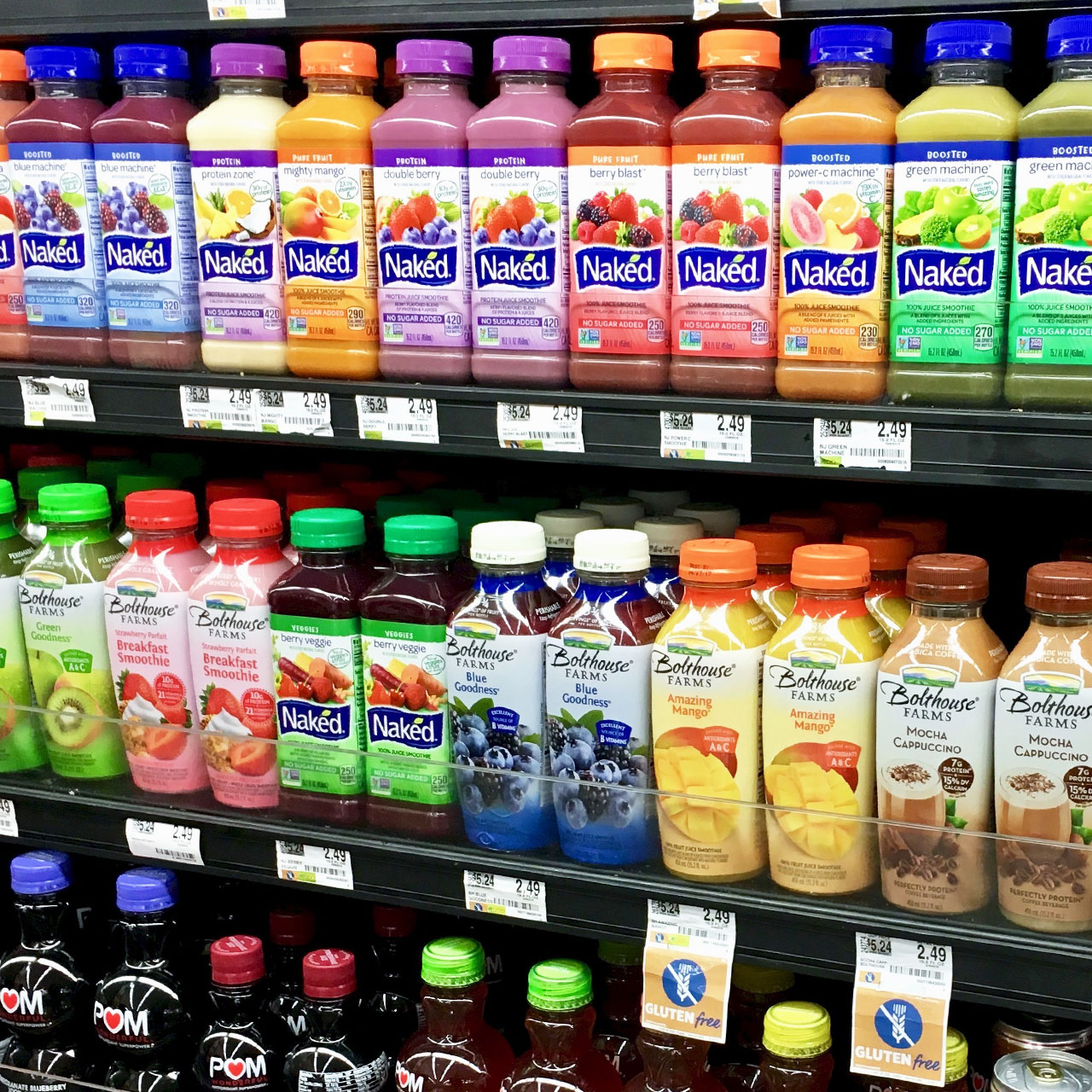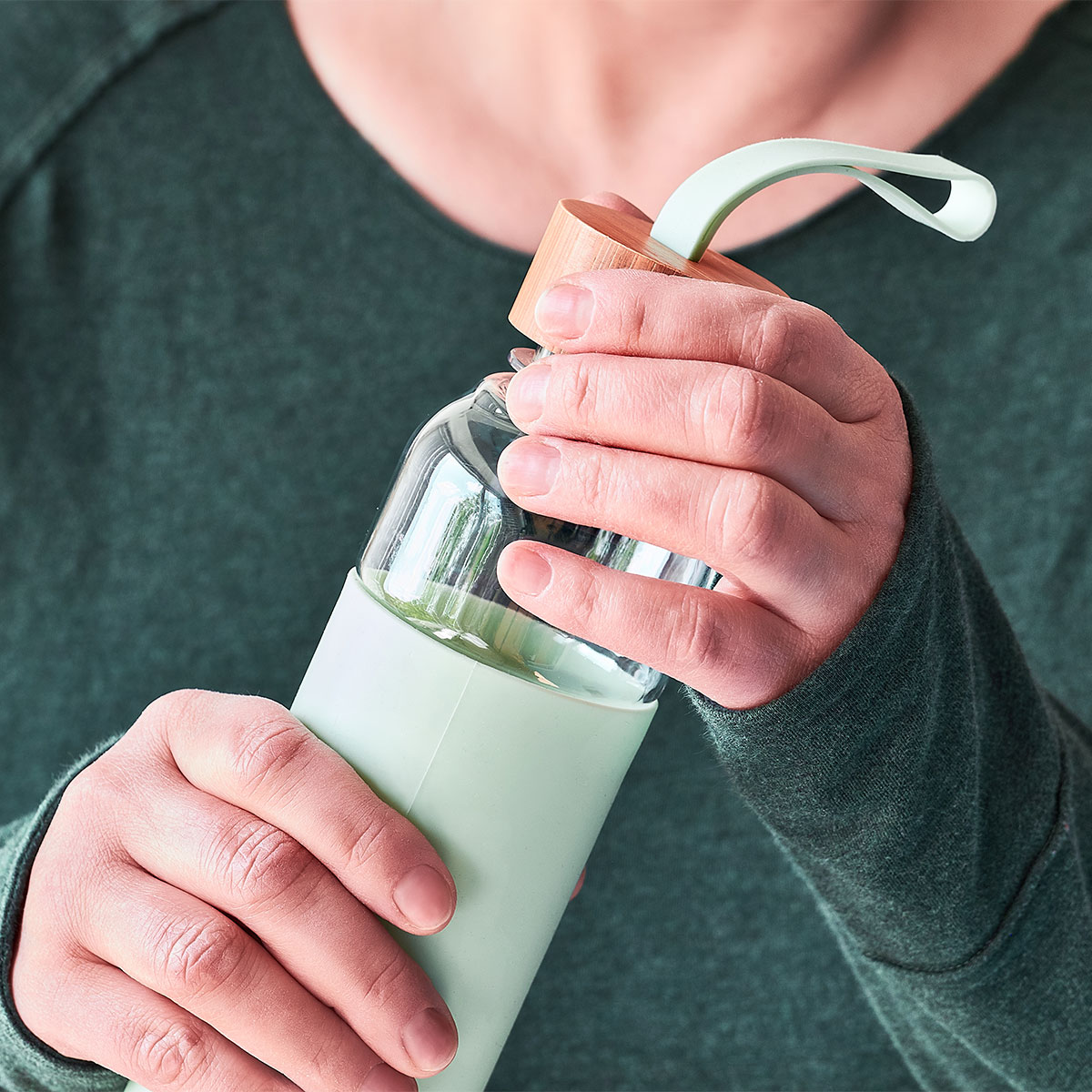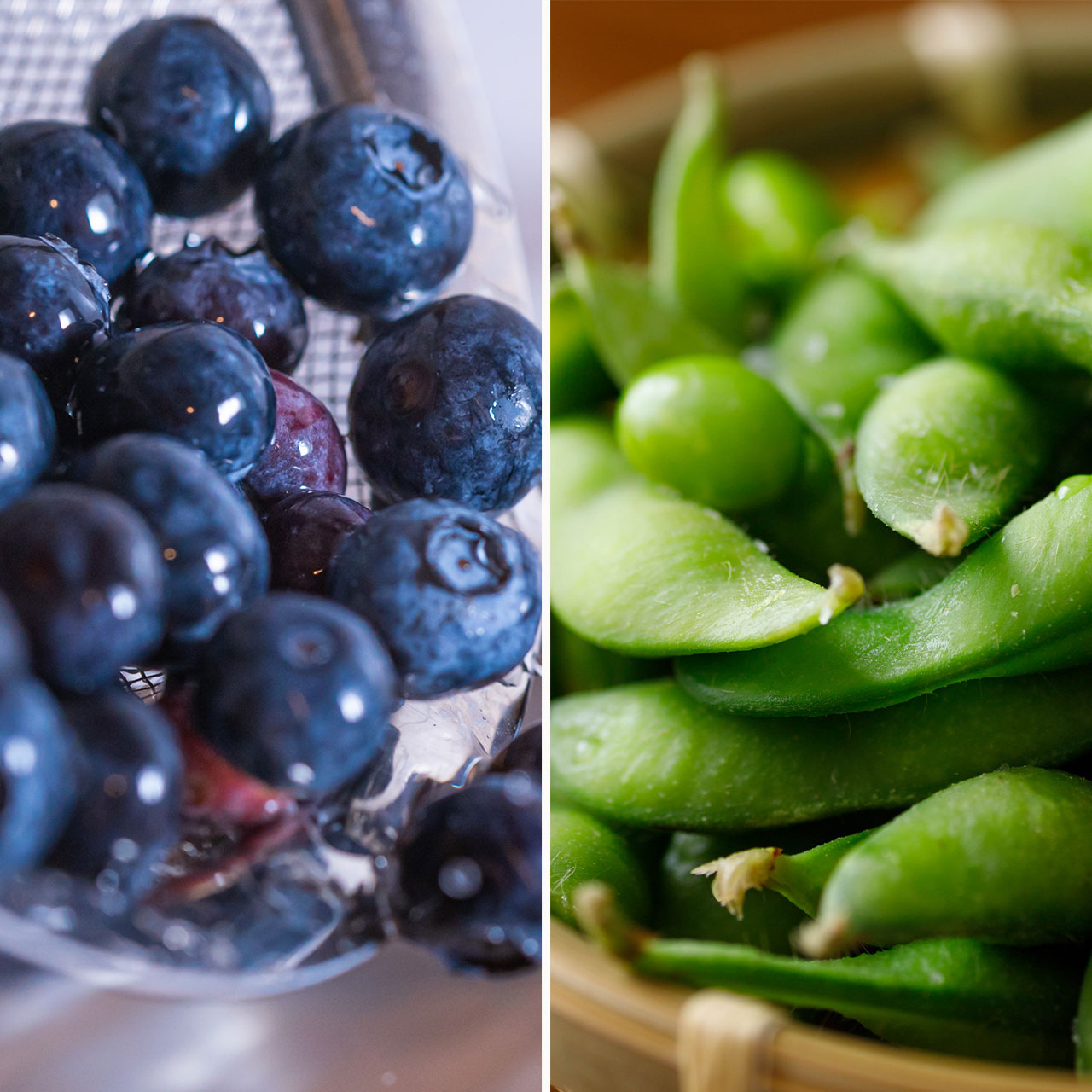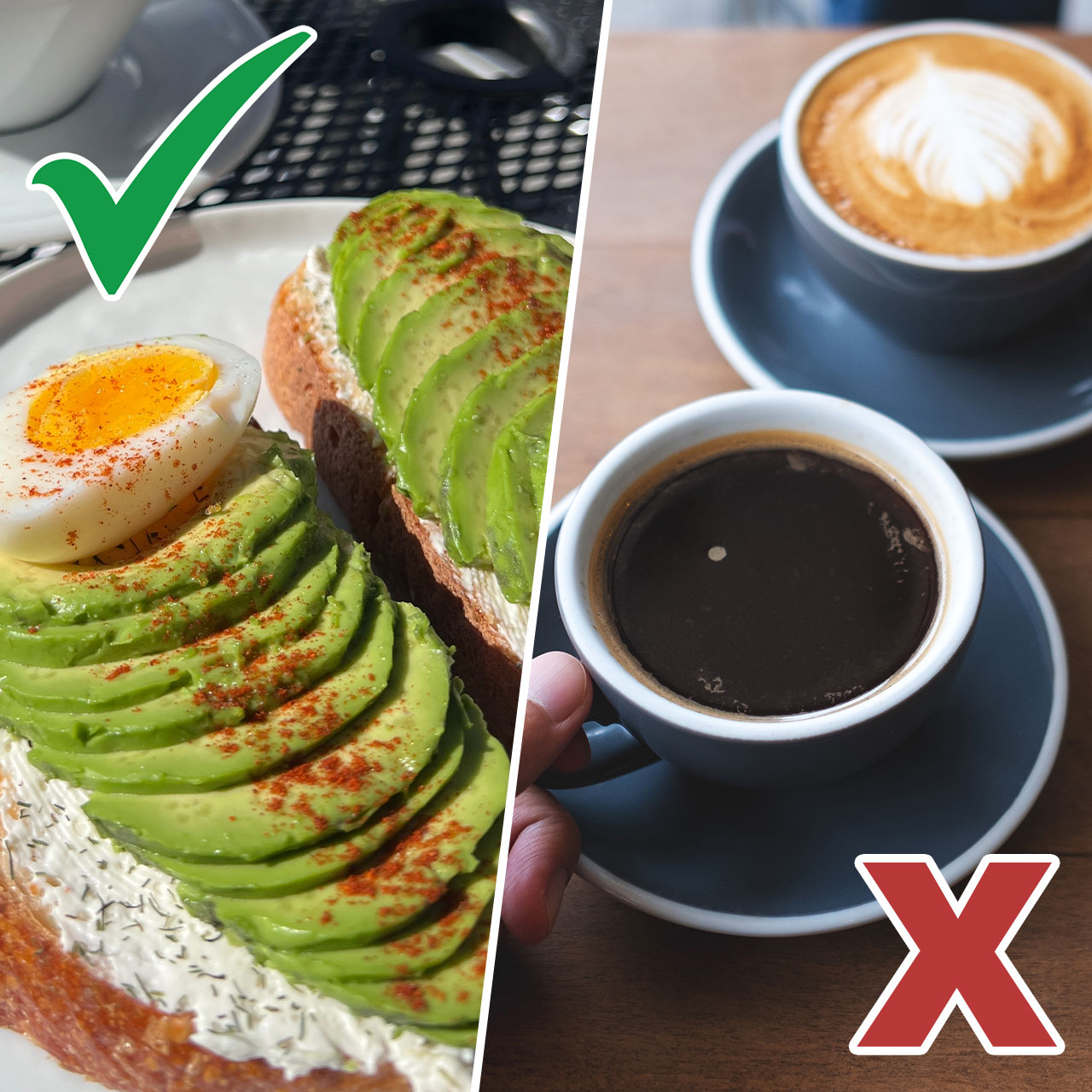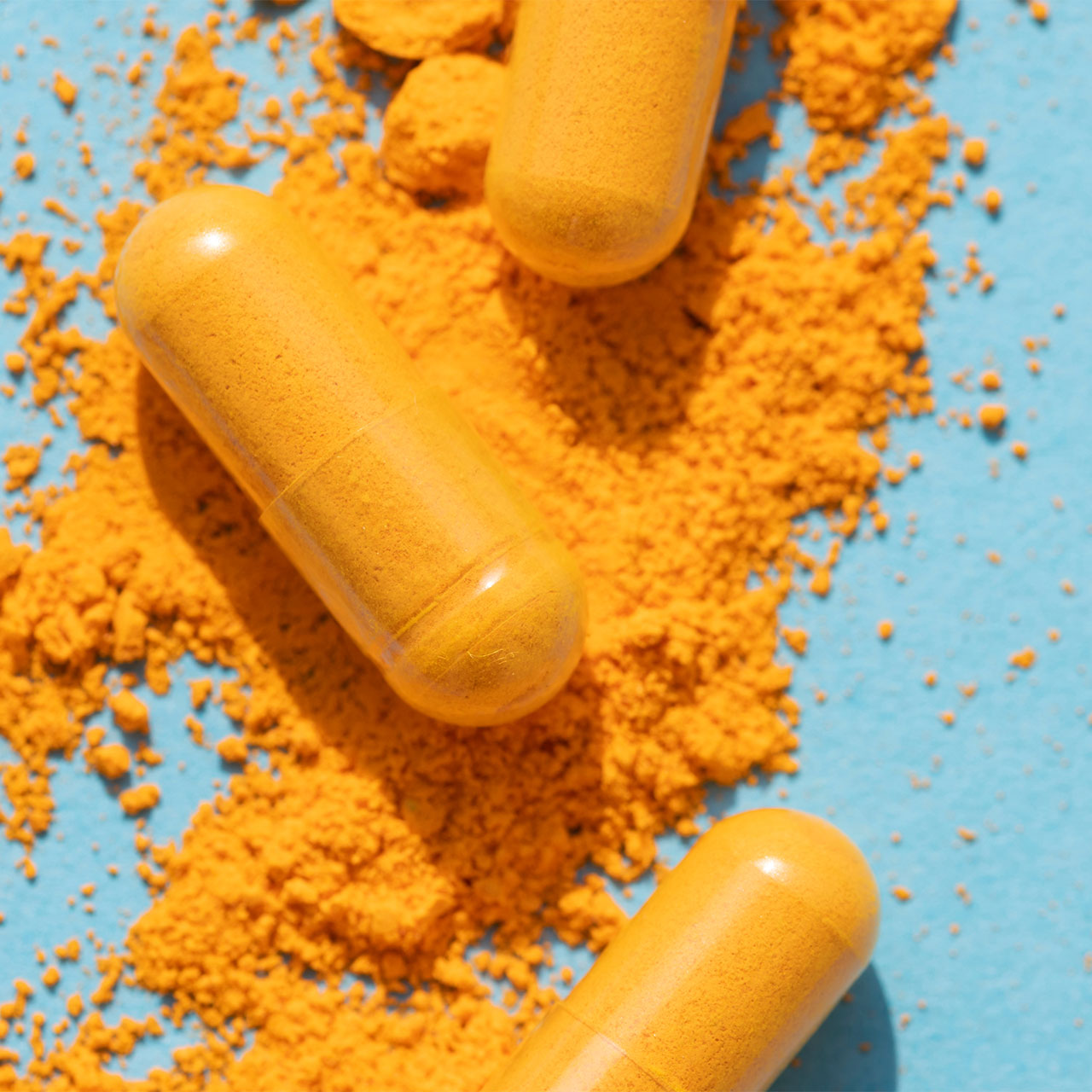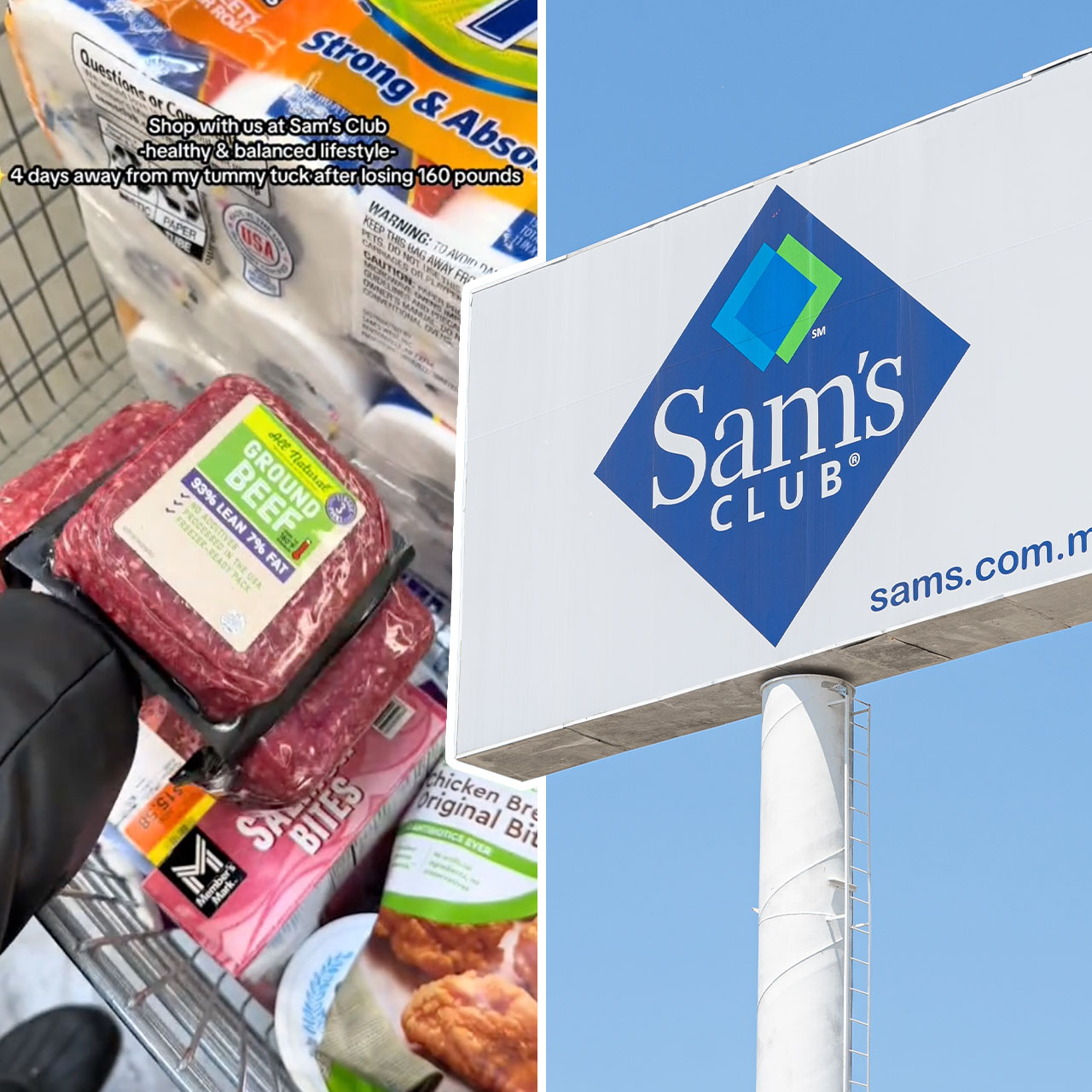In our ever-evolving quest for better health and well-being, the role of beverages in our daily routines cannot be overlooked. We often seek out drinks that promise to boost our vitality, support our weight management goals, and enhance our overall wellness. Yet, the story behind seemingly “healthy” beverages is more complex than it appears. It may come as a shock to discover that some of these seemingly virtuous drinks can actually contribute to inflammation and the accumulation of stubborn belly fat.
We spoke with Krutika Nanavati, a registered dietitian and nutritionist, to find out the one seemingly healthy beverage that can actually promote inflammation and belly fat. Nanavati revealed that fruit juice is the one beverage you should limit as much as possible.

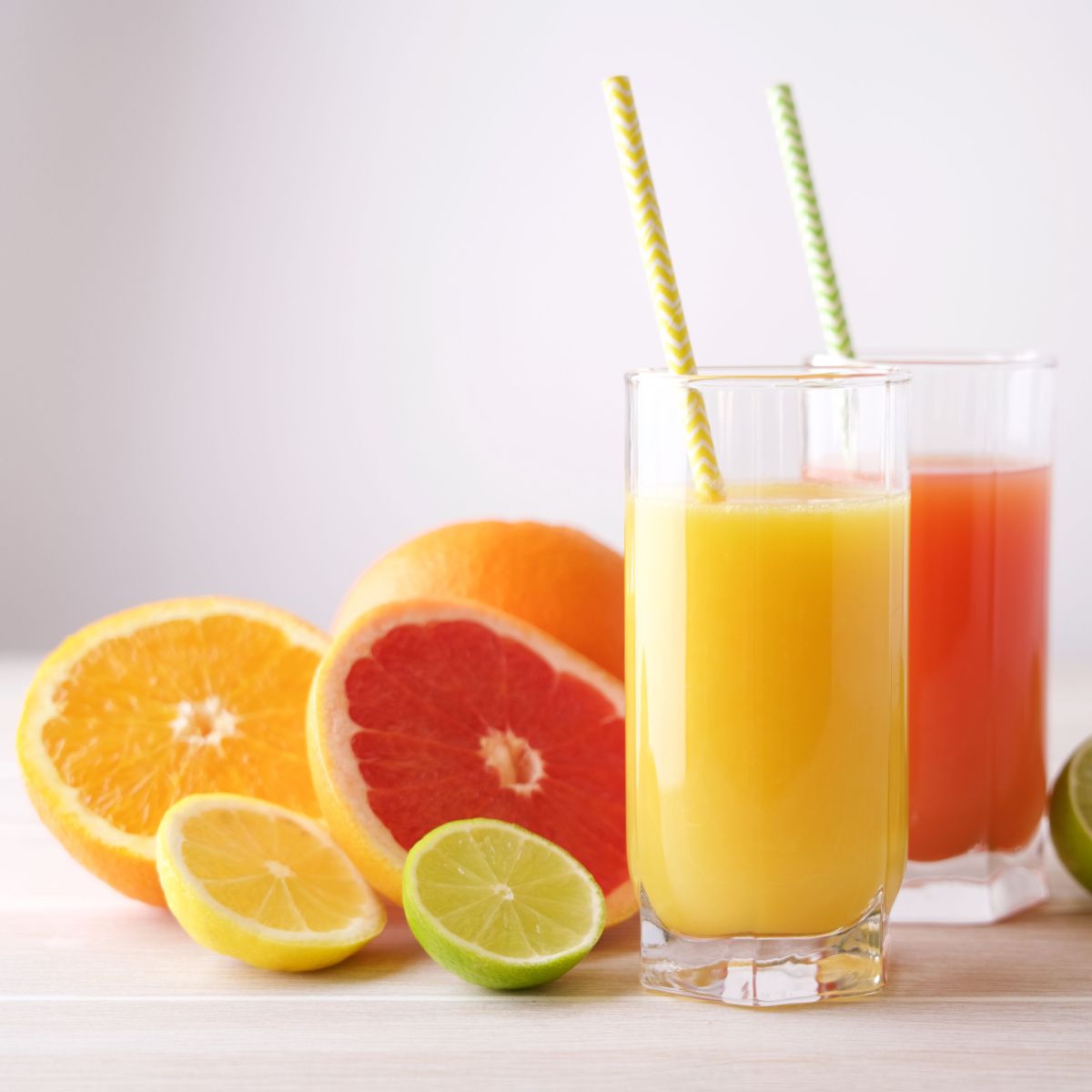
Fruit Juice
For decades, fruit juice has held a place of honor in the realm of beverages, often celebrated as a source of vitamins, minerals, and refreshment. Many of us have grown up with the belief that a glass of fruit juice represents a healthy and natural choice. However, fruit juice, while rich in certain nutrients, may also have a less desirable connection to inflammation and the stubborn accumulation of belly fat.
"One of the primary factors behind this phenomenon is the considerable sugar content found in fruit juice. Although the sugar in fruit juice is naturally present, it is still sugar. Consuming a substantial quantity of fruit juice can lead to a significant intake of sugar, which is directly associated with inflammation and the accumulation of abdominal fat," Nanavati says.
Overindulging in fruit juice can lead to weight gain and inflammation. The body processes fructose, a sugar found in fruit, into fat, often accumulating around the abdominal region. Additionally, a sugar-rich diet initiates a series of bodily responses that can result in chronic inflammation.
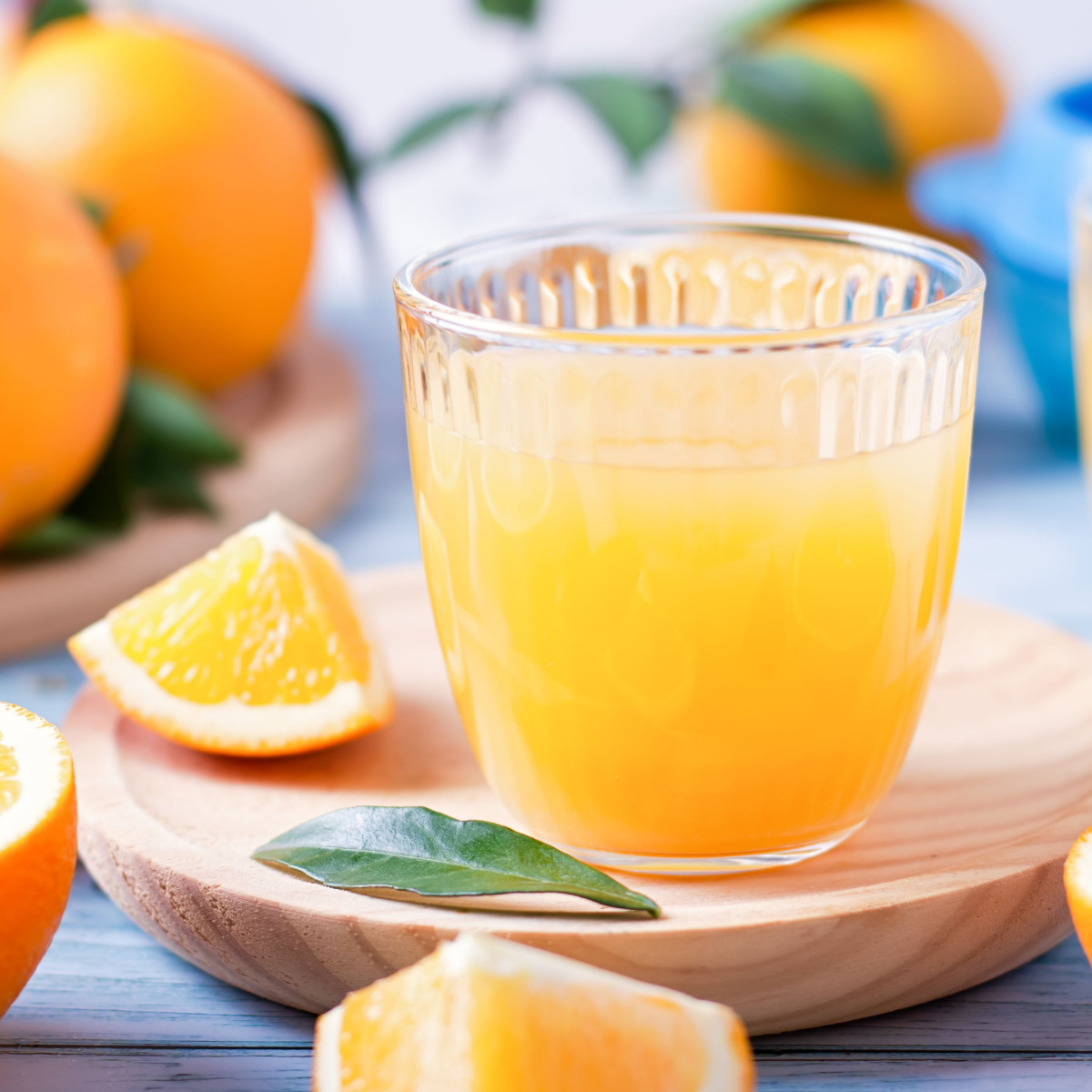
The Bottom Line
The significant sugar content in fruit juice emerges as a central factor in this dynamic. Though this sugar is naturally present, it remains sugar, and excessive fruit juice consumption can lead to a substantial sugar intake, directly linked to inflammation and abdominal fat accumulation, as Nanavati has emphasized.
If you're hankering for a sweet drink, you can choose from beverages with reduced sugar content that are suitable for moderate consumption. For instance, smoothies crafted from low-sugar fruits like berries, or those made with unsweetened almond or coconut milk, offer essential vitamins without substantially elevating your sugar consumption.




